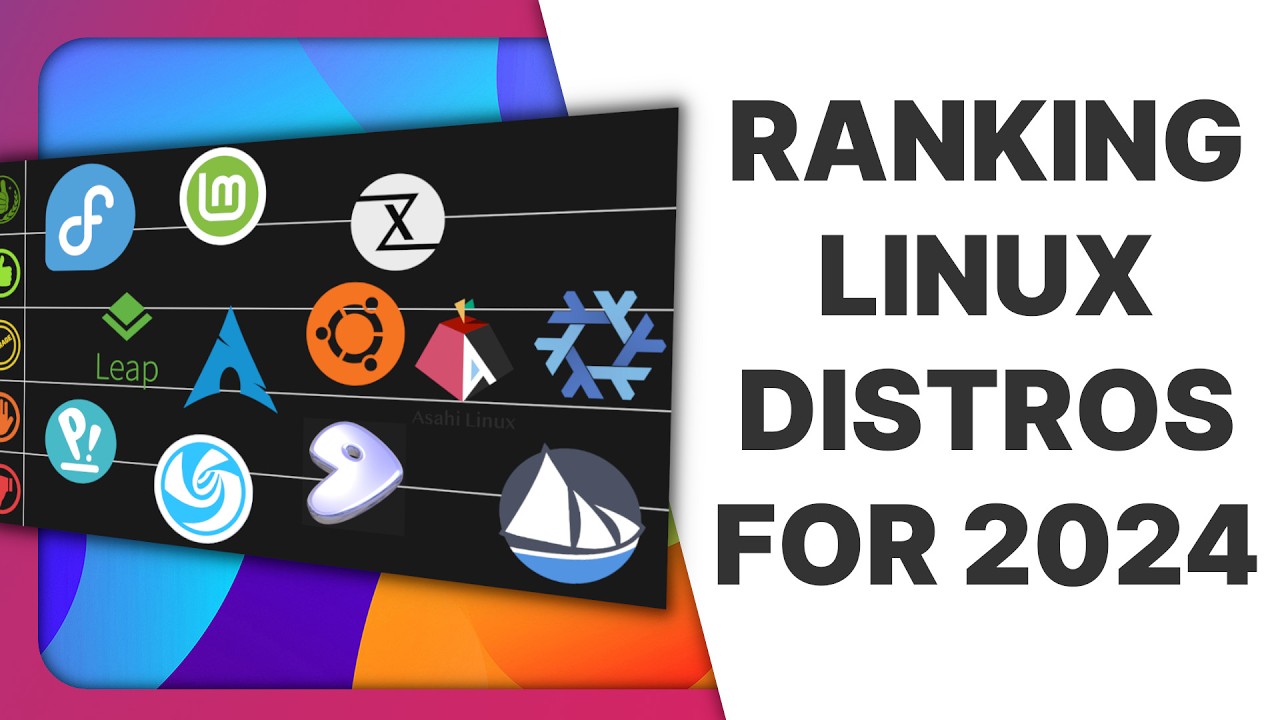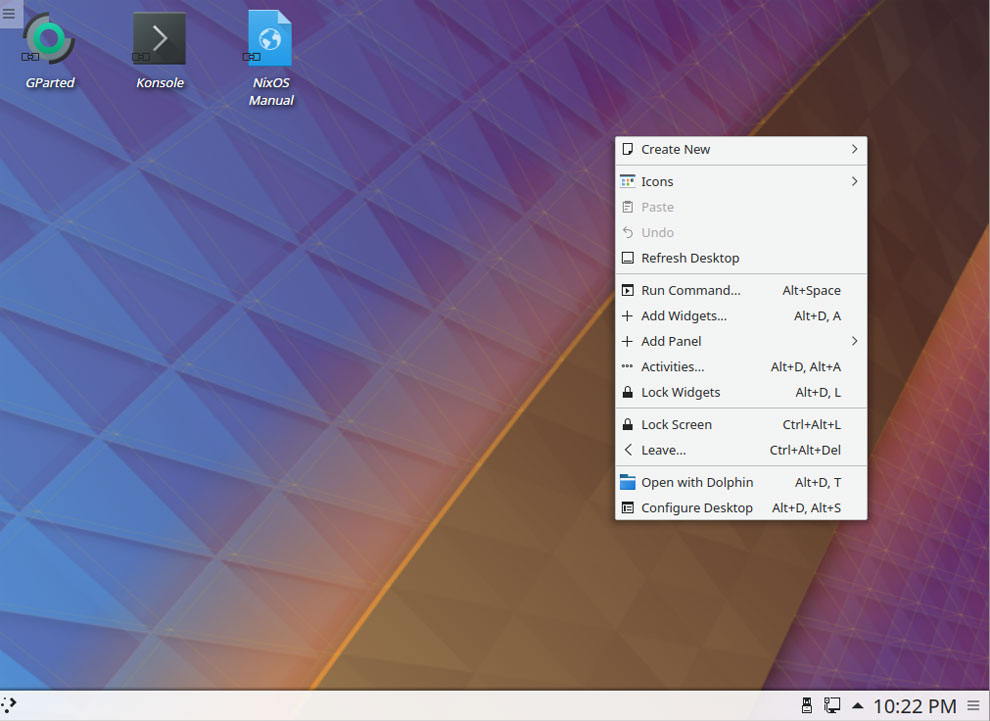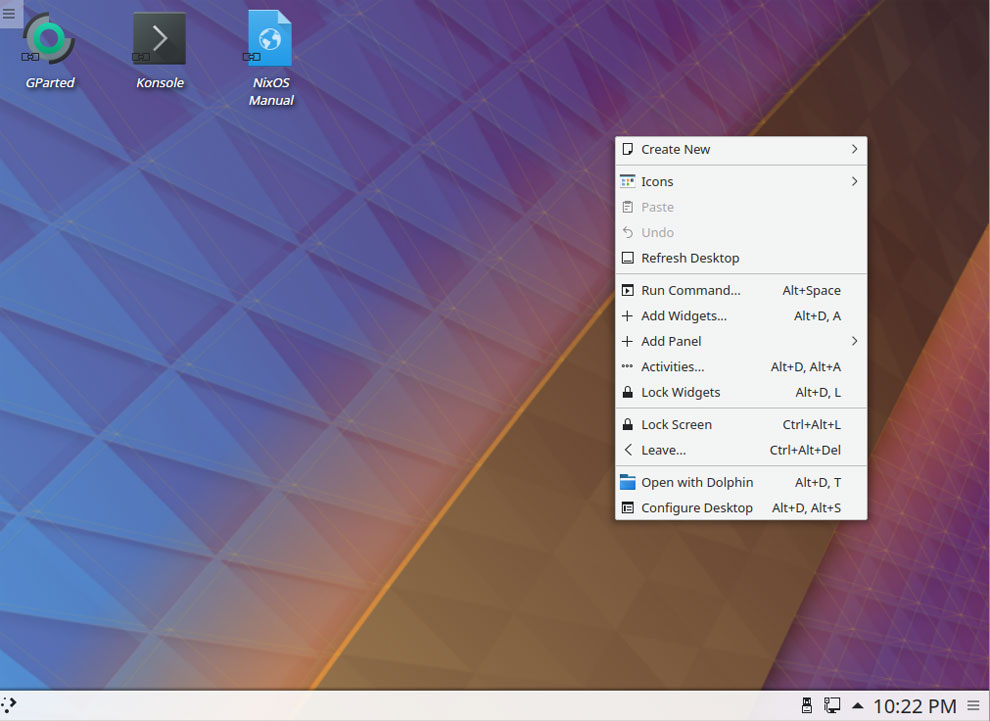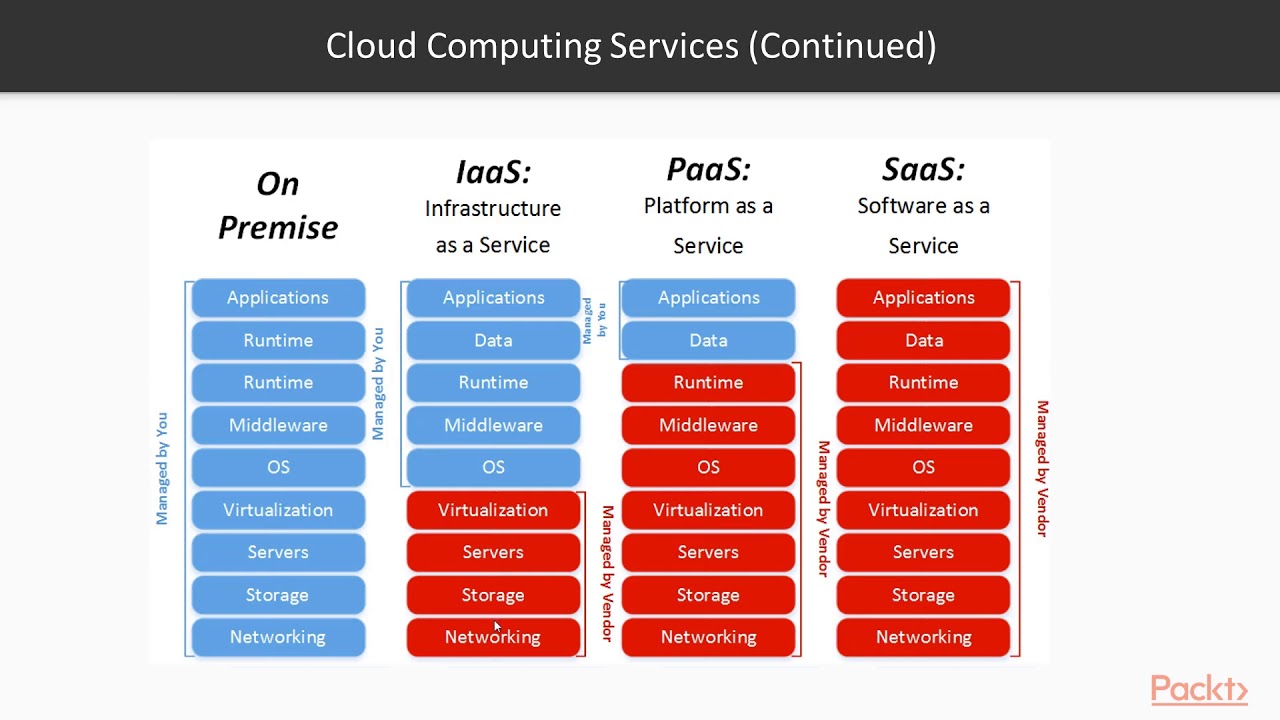
Linux Revolution: Introducing DBOS - The Future of Cloud Operating Systems
In the realm of cloud computing, Linux has long been a stalwart, powering servers and infrastructure with its robust capabilities. However, as the demands of the cloud continue to evolve and expand, a new player has emerged to revolutionize the landscape: DBOS, or DataBase OS. Developed by a team including luminaries such as Michael Stonebraker and Matei Zaharia, DBOS represents a paradigm shift in how operating systems interact with data.
DBOS is not just an operating system; it’s a fusion of operating system and database, designed specifically for the cloud environment. The core philosophy behind DBOS is that the next generation of operating systems should be database-oriented, leveraging the power and scalability of modern databases to address the complex challenges of contemporary computing.
The journey of DBOS began in 2022 when Peter Craft and Qian Li, the cofounders of DBOS Inc., articulated their vision for a database-centric OS. They envisioned a system where all applications and OS states are stored in tables within a distributed database, accessible only through database transactions. This unique approach redefines the traditional layers of an operating system, with user applications residing alongside the distributed DBMS at the core of the architecture.
With DBOS, the lines between traditional OS services and database management blur. Operating system services are now coded in SQL within the distributed DBMS, offering a level of integration and efficiency previously unseen in the industry. This innovative approach not only streamlines operations but also enhances the reliability and resilience of applications running on DBOS.
To experience the power of DBOS firsthand, users can now try it for free or explore custom plans tailored to their needs. By signing up with a Google account, users gain access to the DBOS SDK, enabling them to deploy applications seamlessly across Ubuntu Linux, MacOS, or Windows environments. The SDK, coupled with Docker deployment capabilities, empowers developers to harness the full potential of DBOS in their cloud-based projects.
One of the standout features of DBOS is its fault-tolerant design, ensuring that applications resume seamlessly in the event of interruptions. This level of reliability is a game-changer for cloud-native environments, where uptime and continuity are paramount.
The big question looming over the tech industry now is whether companies will embrace this new approach to cloud-centric operating systems. Will the allure of DBOS and its database-first philosophy be enough to entice organizations to pivot away from their reliance on Linux?
As the cloud computing landscape continues to evolve, DBOS stands at the forefront of innovation, offering a glimpse into the future of operating systems in the cloud era.
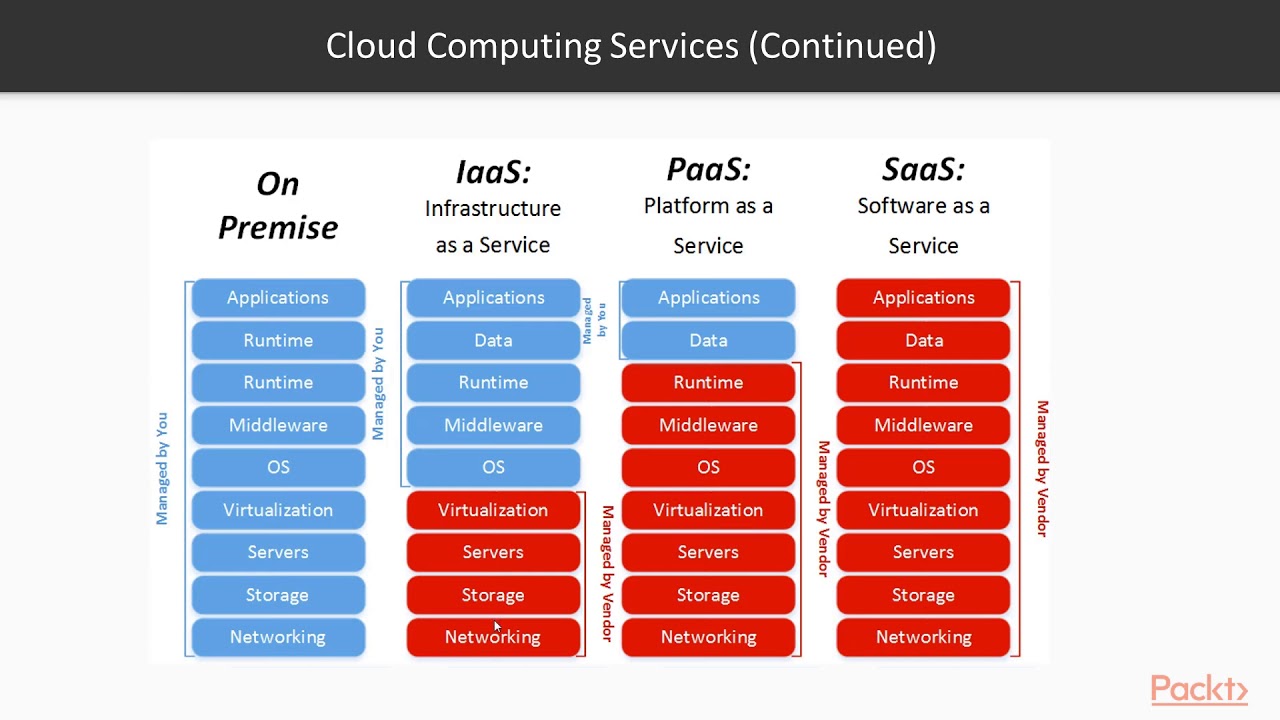 Image for illustrative purposes
Image for illustrative purposes










